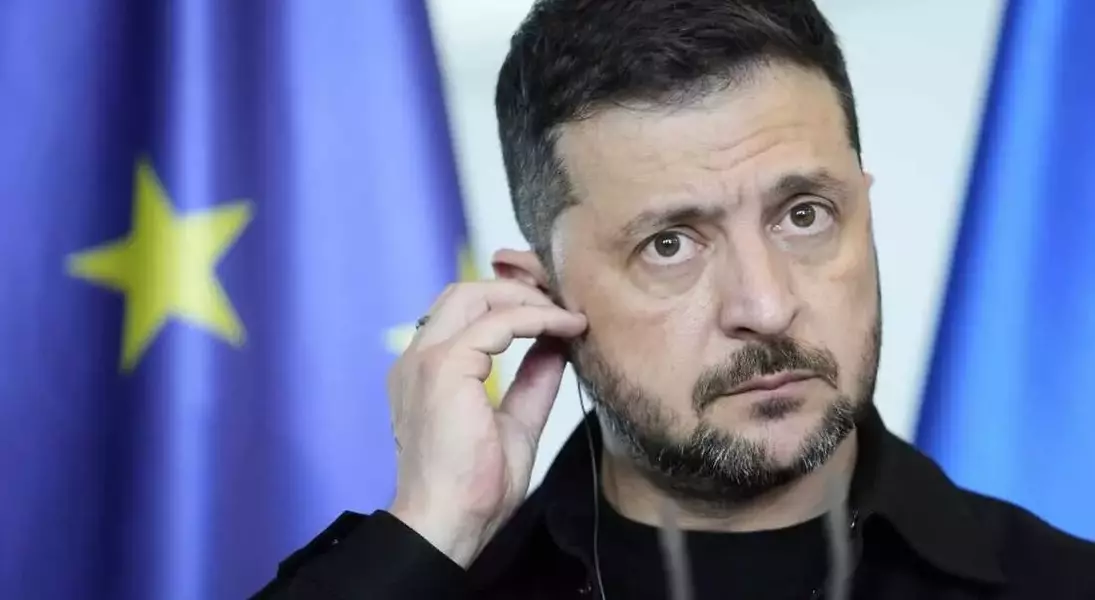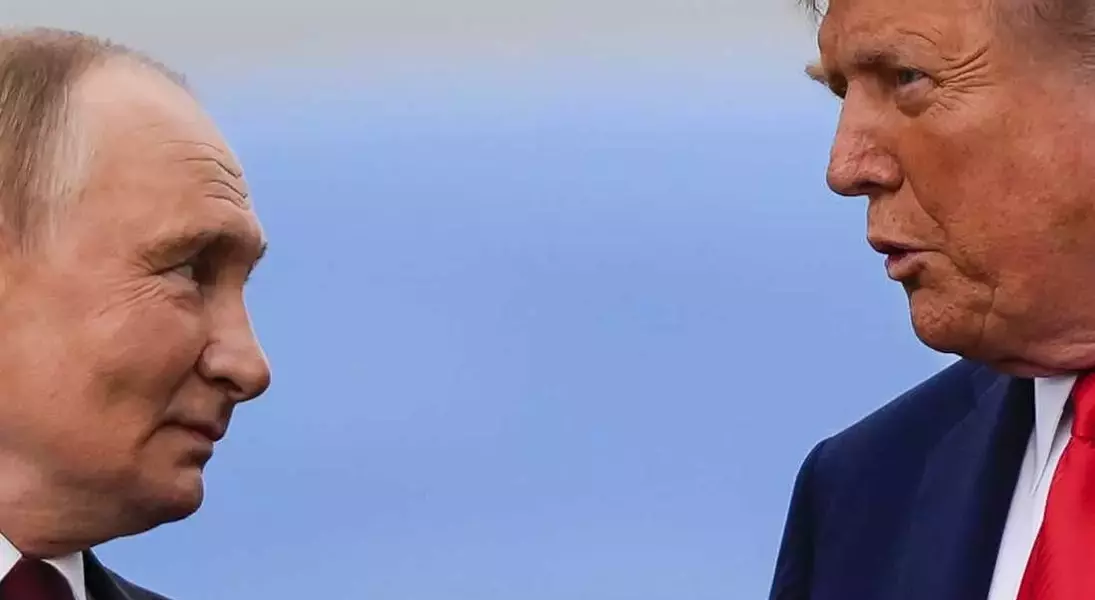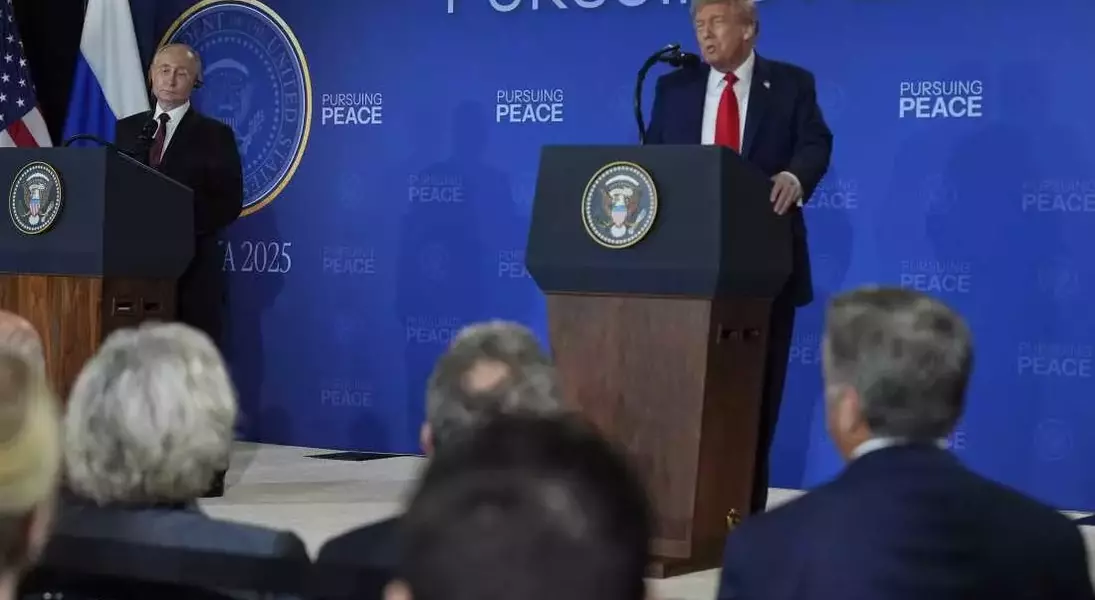




The recent high-stakes encounter between the American and Russian presidents has ignited a spectrum of global responses, oscillating between guarded optimism and palpable frustration. Despite elaborate staging for the rapidly organized talks, substantive diplomatic breakthroughs remained elusive, leading to widespread speculation about the future of international stability and ongoing conflicts.
Unraveling the Summit's Aftermath: Key Global Reactions
On a crisp Friday, August 15, 2025, in the expansive setting of Joint Base Elmendorf-Richardson, Alaska, American and Russian leaders convened for a highly anticipated summit. The meeting, hastily arranged just a week prior, was marked by a dramatic arrival, with both presidents traversing a red carpet as military aircraft soared overhead. Yet, beneath this cinematic spectacle, a clear diplomatic blueprint seemed absent. The discussions concluded without any firm agreements or significant declarations, a point underscored by the U.S. President's brief and seemingly discontented remarks during the post-summit press conference.
While the Russian delegation, through its spokesperson Dmitry Peskov, lauded the meeting as “very positive” and the ensuing statements as “exhaustive,” the reception elsewhere was far less enthusiastic. In the United States, several legislators voiced strong criticism. Senator Jeanne Shaheen of New Hampshire expressed concern that the U.S. President might have been outmaneuvered, emphasizing the lack of concrete concessions from Russia regarding a ceasefire. She, along with other lawmakers, called for decisive action, including the imposition of more stringent sanctions, should diplomatic efforts falter. Conversely, Alaskan Senator Lisa Murkowski and South Carolinian Senator Lindsey Graham expressed cautious optimism, particularly at the prospect of future trilateral discussions involving Ukraine, hinting at potential positive outcomes before the year's end.
The focus then shifted dramatically to Ukraine, with the American President suggesting that the onus of achieving peace now rested with President Volodymyr Zelenskyy. However, Ukrainian lawmakers conveyed their disappointment, noting the absence of any tangible de-escalation agreements. Despite this, President Zelenskyy accepted an invitation to Washington D.C., signaling his commitment to finding a resolution, while also stressing the imperative of European involvement in guaranteeing Ukraine's long-term security. Meanwhile, Russian President Vladimir Putin, navigating international warrants, utilized the Alaskan stage to project an image of global statesmanship, alluding to an unspecific agreement that would 'pave the path towards peace' and cautioning European leaders against undermining this fragile progress.
Across Europe, the sentiment was largely one of frustration. Estonian and Lithuanian parliamentarians, for instance, openly criticized the outcome, viewing it as a missed opportunity and a potential humiliation for Western diplomacy. They highlighted the continued military actions by Russia even as diplomatic talks unfolded, underscoring the deep skepticism surrounding Moscow's intentions. The Czech Foreign Minister echoed these concerns, emphasizing that genuine peace talks require a cessation of hostilities, rather than ongoing aggression.
Reflecting on Diplomatic Theatrics and the Path Forward
This summit serves as a stark reminder of the complexities inherent in high-level international negotiations, particularly when profound geopolitical divides persist. From a journalist's perspective, the emphasis on pomp and circumstance over tangible results raises critical questions about the true efficacy of such meetings. Is the primary goal to project an image of engagement, or to achieve concrete diplomatic progress? The disparate reactions from various international players underscore the deep mistrust and divergent priorities that continue to shape the global landscape. For genuine peace to take root, it is clear that more than grand gestures will be required; a steadfast commitment to transparent dialogue, mutual concessions, and verifiable actions remains paramount.
